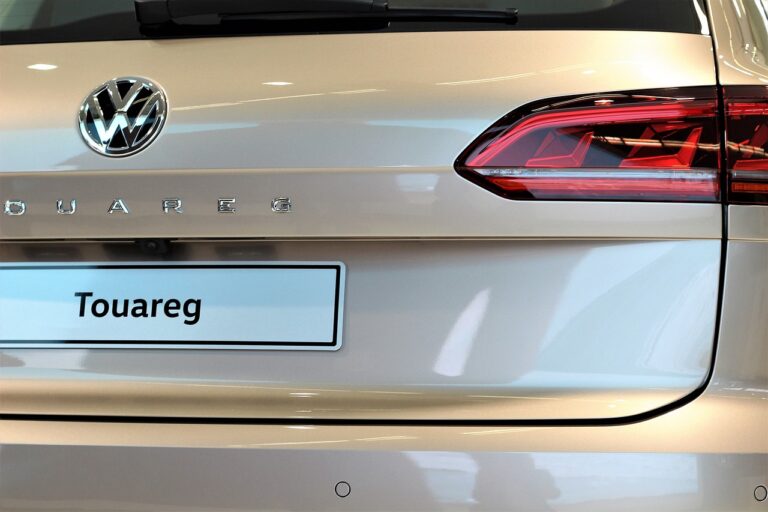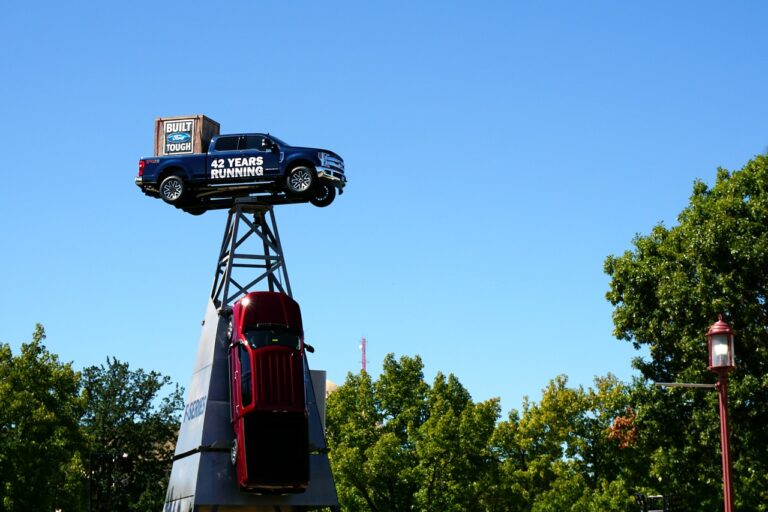The Impact of Electric Vehicle Adoption on Traditional Auto Manufacturers
laser 247 book, silverexch com, 11xplay:The Impact of Electric Vehicle Adoption on Traditional Auto Manufacturers
With the rise of electric vehicles (EVs) in recent years, traditional auto manufacturers are facing significant challenges and opportunities. As more consumers seek environmentally friendly transportation options, the demand for EVs is skyrocketing. This shift in consumer preferences is forcing traditional automakers to adapt or risk being left behind in the rapidly evolving automotive industry.
The transition to electric vehicles is not only reshaping the way we think about transportation but also impacting traditional auto manufacturers in several key ways. Let’s explore the implications of EV adoption on these industry giants.
R&D Investments in EV Technology
One of the most significant impacts of electric vehicle adoption on traditional auto manufacturers is the need to invest heavily in research and development (R&D) to stay competitive in the market. As EV technology continues to advance, automakers must allocate resources to develop new electric models, improve battery technology, and enhance charging infrastructure.
Many traditional auto manufacturers are ramping up their R&D investments in EV technology to meet consumer demand and regulatory requirements. Companies like Ford, General Motors, and Volkswagen are investing billions of dollars in electric vehicle development to catch up with EV pioneers like Tesla.
Supply Chain Disruption
Electric vehicles require a different supply chain than traditional internal combustion engine vehicles. From sourcing batteries and electric motors to assembling EV components, traditional auto manufacturers are rethinking their supply chain strategies to accommodate the shift to electric vehicles.
The transition to electric vehicles is disrupting traditional auto manufacturers’ supply chains, forcing them to find new suppliers, form strategic partnerships, and invest in advanced manufacturing capabilities. Companies that can adapt quickly to these supply chain changes will have a competitive advantage in the growing EV market.
Market Competition and Brand Differentiation
As electric vehicles become more mainstream, traditional auto manufacturers are facing increased competition from both established players and new entrants in the EV market. Companies like Tesla, Rivian, and Lucid Motors have gained traction in the electric vehicle space, challenging traditional automakers to innovate and differentiate their brands.
To compete effectively in the EV market, traditional auto manufacturers must differentiate their brands by offering unique features, advanced technology, and sustainable practices. Companies that can successfully position themselves as leaders in electric vehicle innovation will attract a loyal customer base and drive market growth.
Regulatory Compliance and Emissions Standards
The shift to electric vehicles is being driven in part by regulatory requirements and emissions standards aimed at reducing greenhouse gas emissions and combating climate change. Traditional auto manufacturers are under pressure to meet these stringent regulations and comply with environmental mandates to stay in business.
Companies that fail to adapt to evolving emissions standards risk facing penalties, fines, and public backlash for their environmental impact. By investing in electric vehicle technology and sustainable practices, traditional auto manufacturers can align themselves with regulatory requirements and demonstrate their commitment to environmental stewardship.
Employee Training and Skill Development
The transition to electric vehicles requires traditional auto manufacturers to upskill their workforce and train employees in new technologies and processes. From electric vehicle design and engineering to battery manufacturing and EV maintenance, companies must invest in employee training and skill development to navigate the shift to electric vehicles successfully.
By providing employees with the tools and knowledge they need to excel in the EV market, traditional auto manufacturers can build a talented workforce capable of driving innovation and growth in the electric vehicle sector. Companies that prioritize employee training and skill development will be better equipped to compete in the evolving automotive industry.
Strategic Partnerships and Mergers
To accelerate their transition to electric vehicles, traditional auto manufacturers are forming strategic partnerships and mergers with technology companies, start-ups, and other industry players. By joining forces with innovative partners, companies can access new technologies, expand their market reach, and enhance their competitive position in the electric vehicle market.
Strategic partnerships and mergers allow traditional auto manufacturers to leverage each other’s strengths, share resources, and collaborate on EV development projects. By working together, companies can overcome challenges, accelerate innovation, and deliver cutting-edge electric vehicles to consumers.
FAQs
1. Is the shift to electric vehicles inevitable for traditional auto manufacturers?
While the transition to electric vehicles presents challenges for traditional auto manufacturers, it also offers opportunities for growth and innovation. Companies that can adapt to the changing automotive landscape and invest in EV technology will be well-positioned to thrive in the electric vehicle market.
2. How are traditional auto manufacturers investing in electric vehicle technology?
Traditional auto manufacturers are investing in electric vehicle technology through R&D, supply chain optimization, strategic partnerships, and employee training. By allocating resources to EV development and sustainability initiatives, companies can stay competitive in the growing electric vehicle market.
3. What are the key drivers of electric vehicle adoption for consumers?
Consumers are increasingly choosing electric vehicles for their environmental benefits, cost savings, advanced technology, and regulatory incentives. As EV infrastructure improves and battery prices decline, more consumers are likely to make the switch to electric vehicles in the coming years.
4. How can traditional auto manufacturers differentiate their brands in the electric vehicle market?
Traditional auto manufacturers can differentiate their brands in the electric vehicle market by offering unique features, advanced technology, sustainable practices, and exceptional customer service. By focusing on brand differentiation and innovation, companies can attract loyal customers and drive market growth.
5. What role do regulatory compliance and emissions standards play in the shift to electric vehicles?
Regulatory compliance and emissions standards are driving the transition to electric vehicles by encouraging traditional auto manufacturers to reduce greenhouse gas emissions and improve fuel efficiency. Companies that adhere to environmental regulations and invest in electric vehicle technology can demonstrate their commitment to sustainability and social responsibility.
In conclusion, electric vehicle adoption is transforming the automotive industry and challenging traditional auto manufacturers to innovate and adapt. By investing in EV technology, optimizing supply chains, differentiating their brands, complying with regulations, training employees, and forming strategic partnerships, companies can navigate the transition to electric vehicles successfully and thrive in the evolving automotive landscape. The future of transportation is electric, and traditional auto manufacturers must embrace this shift to remain competitive in the market.







